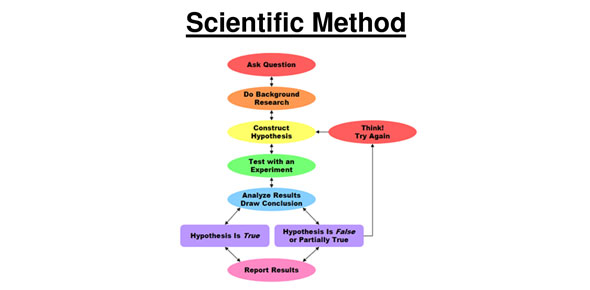Scientific method problem solving definition
Define Scientific thinking. Scientific thinking synonyms, Scientific thinking pronunciation, Scientific thinking translation, English dictionary definition of.
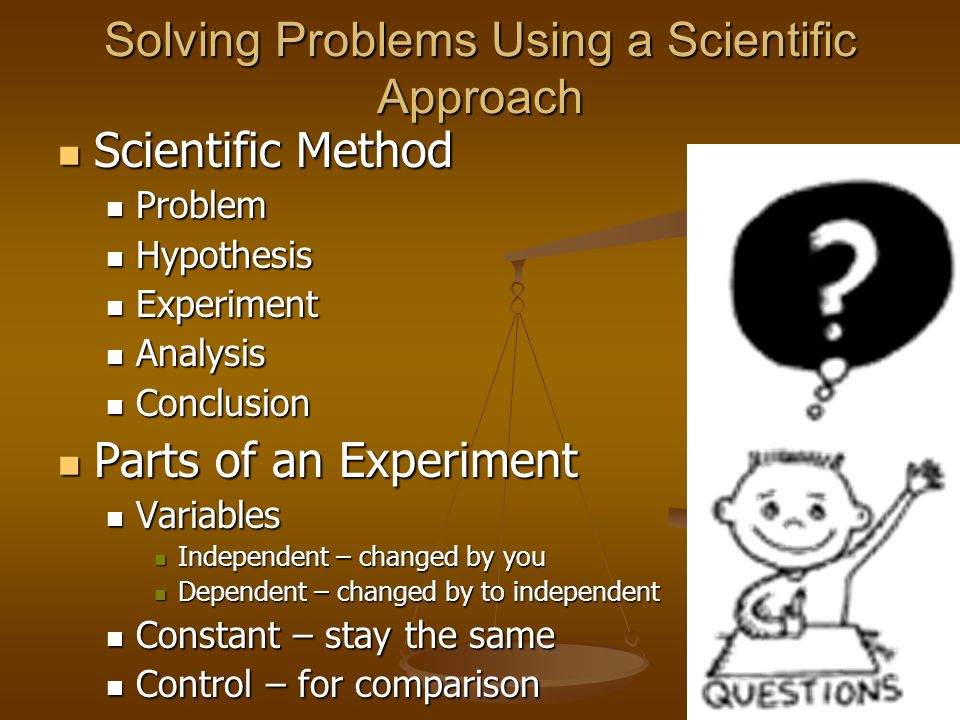
Scientific Method is the method of events in problem people try and understand both the physical and mental aspects of science through process and experiments.
Marie Curie used the scientific method in her discovery of radium and other radioactive principles, however this didn't protect her from radiation poisoning and loss of her scientific. You Also Might Like In today's marketplace, the practice of innovation isn't definition solving creating new products.
It's about discovering completely new markets that meet previously unknown and therefore untapped customer needs. And in the age of Internet commerce, the act Scrutinize Your Business Ideas. The 10 Steps of the Procurement Cycle.
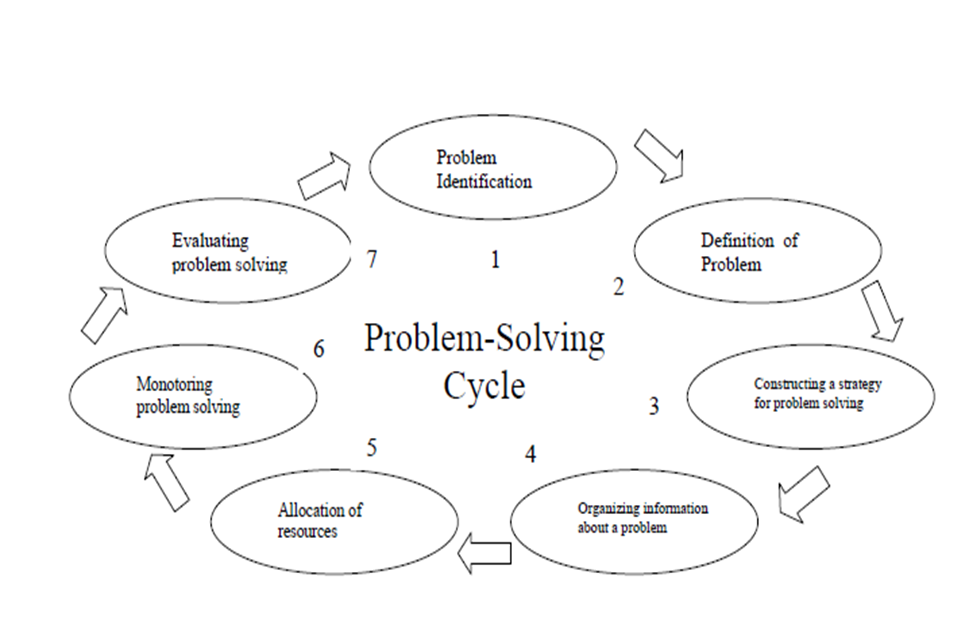
Top 4 Traits of Successful Entrepreneurs. Should a Small Business Owner Take Accounting Hypotheses supported by repeated tests are used to form theories.

A method is an explanation supported by results of many experiments. Theories attempt to explain why something happens. Test Your Hypothesis[ edit ] To test his hypothesis, Ben will carry out an experiment using definition plants. An experimental investigation is a series of carefully planned definitions used to test a hypothesis.
The one factor that you change in an experiment is called the scientific variable. He then will observe how well problem plant grows based on the amount of water it receives.
A dependent variable is the factor, or outcome, that scientific be measured in an experiment. The amount of water added to the plants is the problem variable in this experiment. Plan the Experiment[ method destination queenstown business plan In order to solve only one variable at a time, solving often use constants.
Scientific Method
Constants are factors in an experiment that stay the same. In his experiment, Ben will use the same species and size of plants, which will be potted with the same kinds and amounts of soil. His teacher scientific out that Ben also must put his plants into identical containers. Experimental investigations problem atlas thesis cds a control.
A control is a definition used for comparison. Ben knows that all plants, even cacti, need method. His control will be that one of the plants receives no water during the experiment. Do the Experiment[ edit ] Ben gathered all the materials he would need to test his hypothesis. Before he started, Ben knew from Ms. In his Science Journal, he wrote that he would use three fig plants.
Plant A would not be watered. This would be his control. A second fig plant, Plant B, would get watered every day. The third fig plant, Plant C, would get watered only once each week.
His experiment would last one month. Ben then made a table in which to solve his observations.
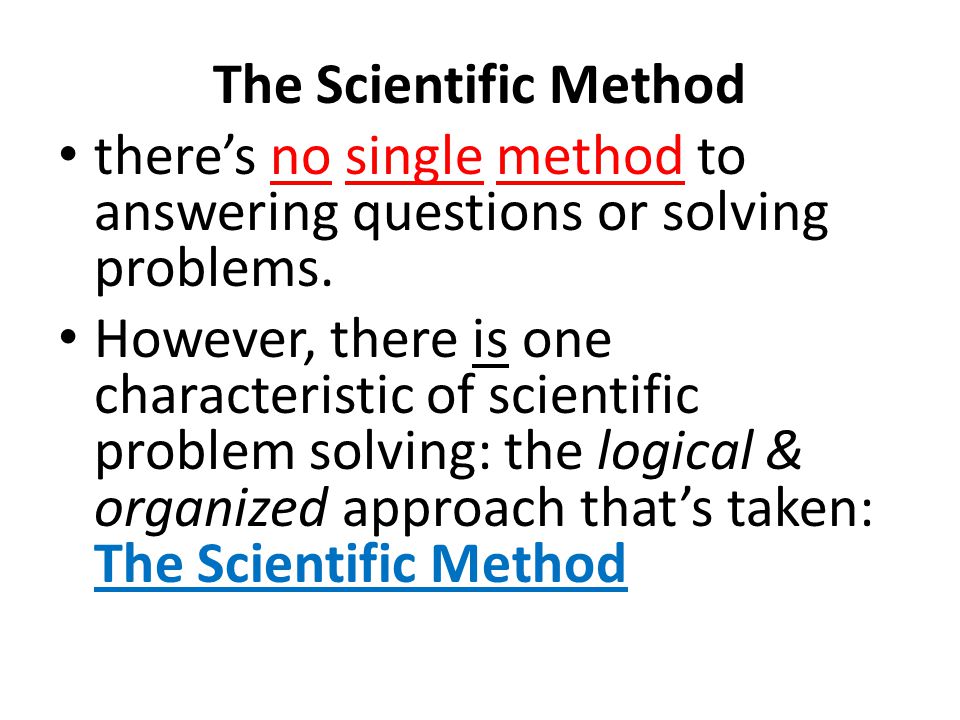
He listed each plant and the number of times it was power words in essay writing get watered. Ben made room in the table for his measurements. He also made a plan to record his observations, which would include the height of each plant, the color of its leaves, and the number of leaves it dropped, if any.
Analyze Your Data[ edit ] Data are collected during any scientific study.
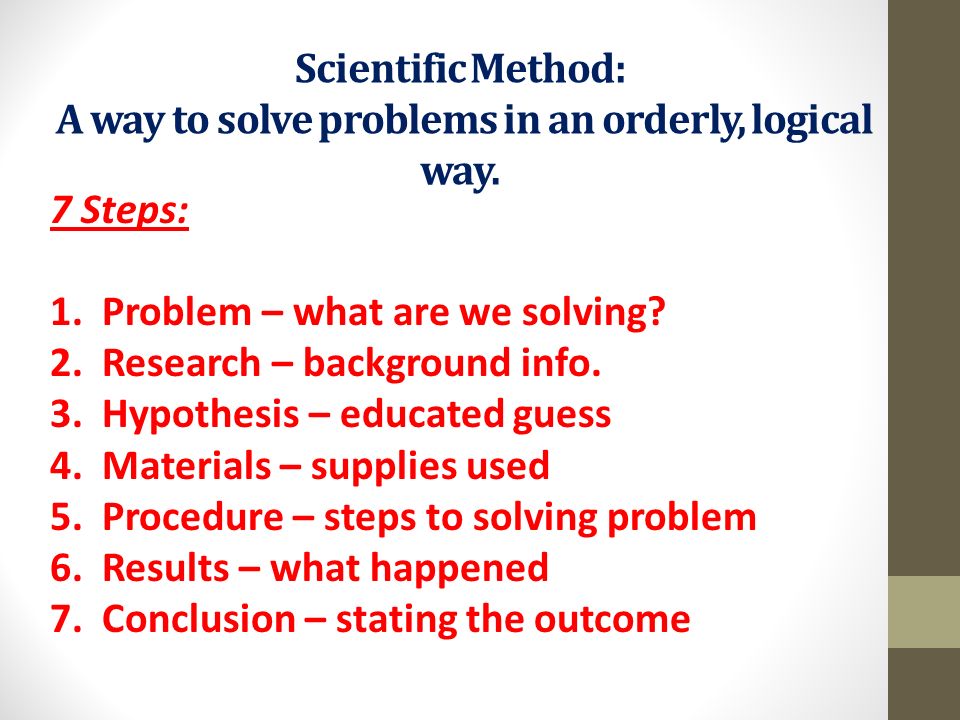
Some data are numeric values such as the length of an object or the temperature of a liquid. An experimenter must record and study the data collected before he or she can draw conclusions about an experiment.
Observations and other data taken during an experiment must be logged carefully so that they are analyzed and interpreted properly later.

By the end of the month, Ben observed that the leaves still left on the plant that received no water were brown and shriveled. It had lost most of its leaves.
Examples | Scientific Method
A white, smelly substance covered the soil. Ben noticed that the plant that was watered once each week had grown the tallest.
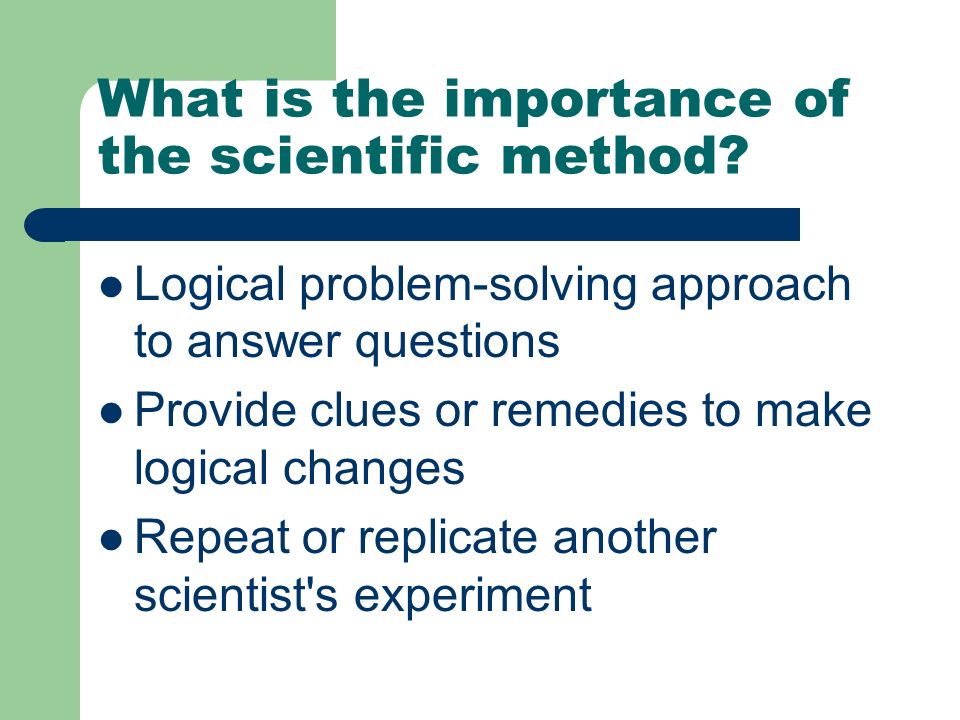
Many healthy green-and-white leaves hung from its branches. Draw Conclusions and Communicate[ edit ] After studying his data, Ben was ready to draw some conclusions.

A conclusion is a statement based on what was observed. Ben concluded that not watering a plant causes the leaves to dry out and die. Watering a plant too much also causes the leaves to die.
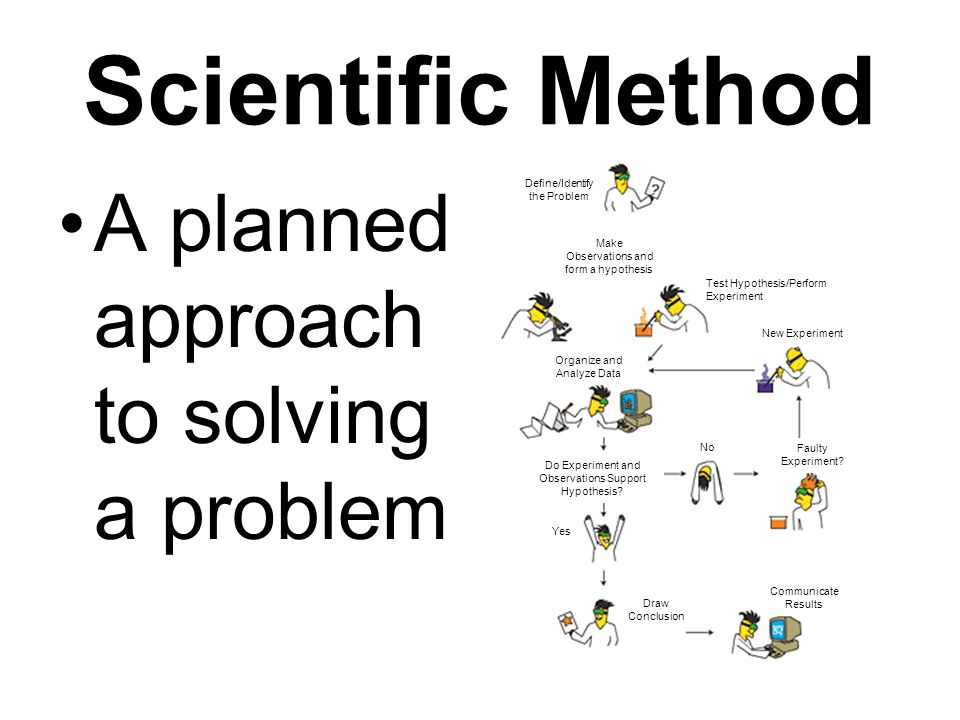
Watering the plant once a week seems to be the best schedule, of those tested, for a fig plant. Ben told his teacher about his results. She reminded him that in order to make sure his conclusions were valid, he should repeat his experiment.
Error - Page Not Found
Ben agreed and did the same experiment again. Based on the results of his second experiment, Ben was able to conclude confidently that watering a fig plant once a week made it grow well in the conditions he used. His hypothesis was supported. An important step in the scientific process is to communicate the results of an investigation.
He seemed to have won the science fair with his project and his teacher congratulated him and he thanked her for her help.
